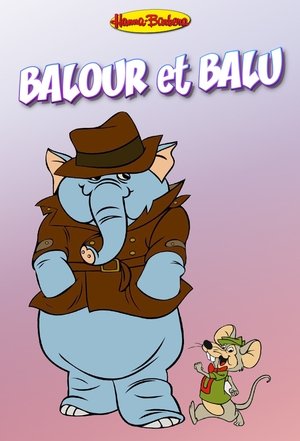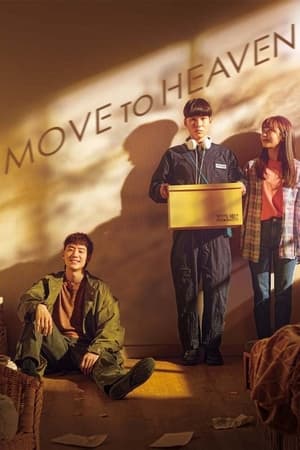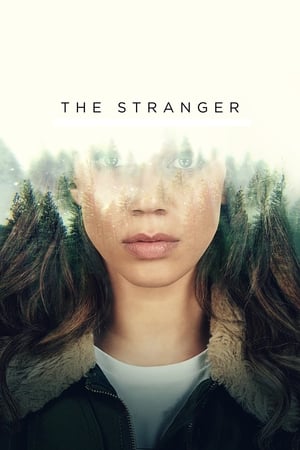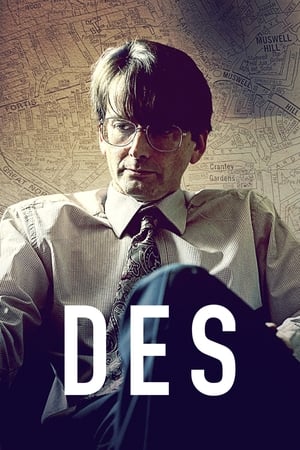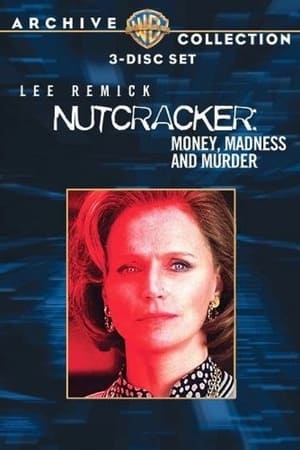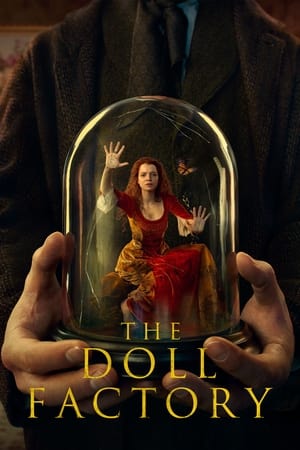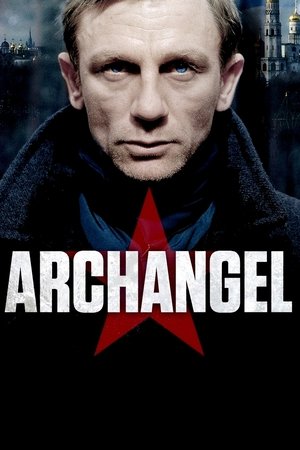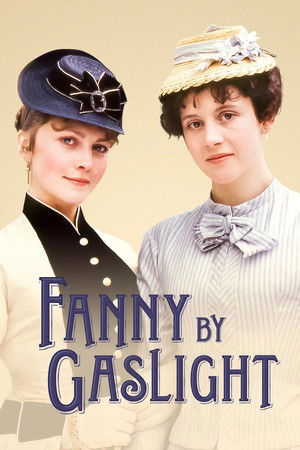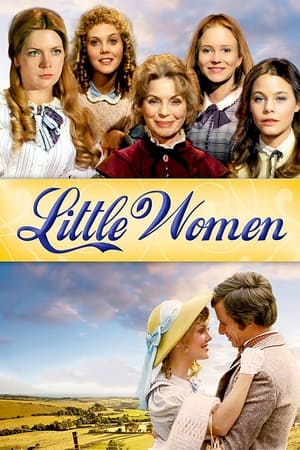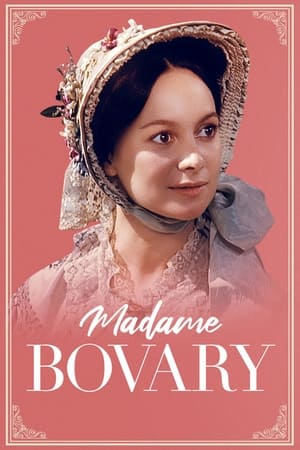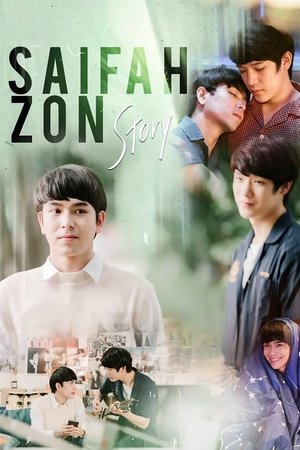Overview
When an insidious supernatural force edges its way into a seemingly straightforward investigation into the gruesome murder of a young boy, it leads a seasoned cop and an unorthodox investigator to question everything they believe in.
Reviews
This started out kinda cool but I will warn you, it gets boring and stays that way for most of the season. This is a story that could have been handled in two hours. For some reason, they stretched this out with scenes of extremely long car rides and very meaningless dialog. A few of the characters are interesting but it isn't enough. So with all the show choices these days, I would pass on this and find something better. It isn't even scary. Sure, it's mysterious for a while but once the mystery is solved (and it's solved rather early on) I found it pointless and dumb.
**_Starts very strong but the narrative weakens as the show progresses_**
> Tuvo a todo el mundo en poco;
> fue el espantajo y el coco
> del mundo, en tal coyuntura,
> que acreditó su ventura
> morir cuerdo y vivir loco.
- Miguel de Cervantes; _El ingenioso caballero don Quijote de La Mancha_ (1615)
> Reality is thin ice, but most people skate on it their whole lives and never fall through until the very end. We did fall through, but we helped each other out.
- Stephen King; _The Outsider_ (2018)
If you ever wondered what the first season of _True Detective_ might have looked like had the merely-hinted-at supernatural elements become more than merely hinted at, then _The Outsider_ gives you a possible answer. Starting as a grim and gritty police procedural, the show takes a left turn in the third episode, before diving head-first into the supernatural in the sixth and seventh. And do these two tones mix well? Kind of. The early episodes are easily the strongest, and as the hokey horror elements start to take over, the foreboding portentousness of those beautifully constructed episodes gives way to Stephen King-isms. Relatable themes such as guilt and the paralysis of grief are dropped in favour of larger (and thus more abstract) issues such as the infectious nature of evil and the ability of ordinary people to band together in extraordinary circumstances (as I said, it's King-101). But for all that, and despite the not entirely successful mixing of genres, I enjoyed the show. I hadn't read the novel, and so I was genuinely invested in finding out where all of everything led. And even though the journey (the early stages, in particular), proved more interesting than the destination, it was a journey that I don't regret taking.
Cherokee City, Georgia. When the badly mutilated corpse of a young boy, Frankie Peterson, is found in the woods, homicide detective Ralph Anderson (the always excellent Ben Mendelsohn) immediately launches an investigation. Partnered up with Georgia Bureau of Investigation agent Yunis Sablo (an understated Yul Vazquez), within a few hours, it appears the murderer has been identified, with multiple witnesses reporting seeing local little league coach and school teacher Terry Maitland (Jason Bateman) covered in blood near the scene of the crime. When physical evidence and surveillance footage further point to Terry's guilt, a bull-headed Ralph, who is still grieving the death of his son several years prior, has Terry arrested in front of the whole town. As Terry's wife, Glory, (a suitably frazzled Julianne Nicholson) and his lawyer, Howie Solomon (Bill Camp; as good as he always is), scramble to understand what has happened, Terry maintains his innocence, saying he was at a teaching conference in another state on the day of the murder. And it doesn't take Solomon's investigator Alec Pelley (Jeremy Bobb) long to locate footage of Maitland at that conference. But how can one person be in two places at once? Such is the intriguing hook with which the show begins.
Airing on HBO, and based on the 2018 novel by Stephen King, the show was adapted for TV by acclaimed novelist Richard Price (_Clockers_, _Freedomland_, _Lush Life_, and a veteran of HBO dramas _The Wire_, _The Night Of_, _The Deuce_). Showrunners/executive producers include Price and Jason Bateman (who also co-stars and directs the first two episodes, establishing the _Ozark_-esque aesthetic template). Novelist Dennis Lehane (_Gone Baby Gone_; _Mystic River_; _Shutter Island_) also contributes scripts for two of the later episodes. Other characters include Jeannie Anderson (an exceptional Mare Winningham), Ralph's wife; Claude Bolton (Paddy Considine, excellent despite struggling with an American accent), manager of a local strip club; Jack Hoskins (a ferocious Marc Menchaca), a self-destructive and volatile homicide detective; Holly Gibson (Cynthia Evro), a recurring character in King's recent novels, best described as a pseudo-paranormal investigator; Andy Katcavage (Derek Cecil), a former homicide detective; Seale Bolton (Max Beesley), Claude's brother; Tamika Collins (Hettienne Park), homicide detective; and Kenneth Hayes (Michael Esper), Georgia DA.
If the show has a singular standout element (aside from the excellent ensemble cast), it's the aesthetic design. Bateman, who has directed multiple episodes of _Ozark_, establishes a dark and gritty tone in the first two episodes, imbuing every shot with a foreboding sense of unease. Shadows abound; bright colours are muted, with greys and washed-out blues dominating; characters are often shown isolated in long shot, framed in doorways, or pushed into corners; depth of field is often extremely shallow; camera movements are methodical and slow; the editing is non-linear enough to keep the narrative slightly off-kilter (although this non-linearity is confined primarily to the first two episodes and the opening of episode nine); there's even a split-diopter used at one point to keep the foreground and background in perfect focus. The show looks every inch an HBO prestige crime drama. There are also some nice directorial flourishes. For example, in the last episode (directed by Andrew Bernstein), as the good guys are moving through a cave, they pass a body of water and we see the villain's eyes non-diegetically reflected in the water, taking up almost all of the screen's real-estate. Sure, it's not subtle, but it looks damn good.
Perhaps the most noticeable aesthetic element is the discordant score by Danny Bensi and Saunder Jurriaans, which helps the atmosphere, tone, and pacing immeasurably. Music cues are often just one deep note, held and elongated for up to two or three seconds. Oftentimes, entire scenes will be scored to these singular notes, giving whatever is on screen a sense of portentousness beyond the purely visual.
For all its aesthetic gymnastics, however, the show does have some problems both stylistic and narrative. For one thing, it's too long; eight episodes would have been more than sufficient to tell this story, and the narrative really starts to drag in episodes five and six. It picks up again in eight (which is largely a character-focused episode), but there's just not enough material to fill 10+ hours. There's also the genre-mixing mentioned earlier. What starts as a tough cop investigating a grisly murder morphs into a quirky paranormal sleuth chasing down an ancient evil, and as these two vie for space, neither genre feels fully developed. The early episodes are creepy and unnerving, with tone and atmosphere doing the heavy lifting. But as the show goes on, the horror becomes broader and less effective, and Price is never really able to fully yoke these two disparate elements into a cohesive whole.
Other problems (presumably) come from the source text, such as the first solid transition into the supernatural, which is based on a coincidence so preposterous that I was convinced the show would return to it to offer an explanation (it does not). There's also the merry band of blue-collar salt-of-the-Earth types who band together to face something beyond any one of them, a trope that King has done to death by this stage.
All in all though, I enjoyed _The Outsider_ for the most part. It has significant problems, but it does a lot right. The aesthetics and acting help a hell of a lot, and although it's far from the best King adaptation ever made (that would remain Frank Darabont's _The Green Mile_), it's a damn sight better than recent efforts such as Andy Muschietti's two _It_ films and (shudder) Nikolaj Arcel's _The Dark Tower_.

 English
English
 7.366
7.366
 2020
2020
 USA
USA
 Kewl Kat wrote:
Kewl Kat wrote:
